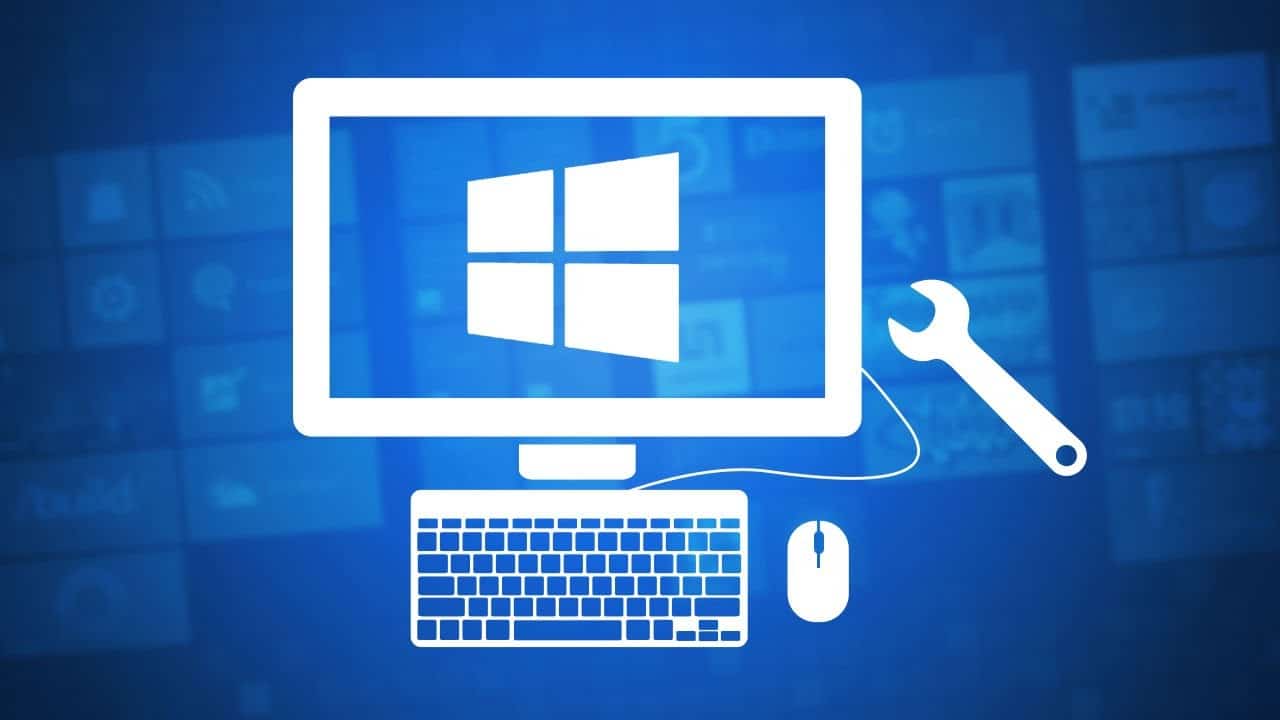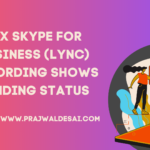This article covers multiple ways to auto-hide Windows taskbar. On Windows 10/11, by default, the taskbar is always visible to users, but you can choose to hide it via different methods.
In Windows 11, you use the taskbar for more than just seeing your apps and checking the time. You can personalize it in many ways change the color, pin your favorite apps to it, and move or rearrange taskbar buttons.
Microsoft allows users to customize the Windows 11 taskbar with many options to suit their requirements. For example, you can switch light theme to dark theme in Windows 11. Users can even set the Windows 11 taskbar alignment to left or right to arrange the icons accordingly.
Hiding the Windows 11 taskbar is useful when you are playing games, working on applications, or when you want more room on your desktop.
Automatically hide taskbar in Windows 11/10
Follow the below steps to auto-hide the taskbar on Windows 11 or Windows 10.
Step 1: Right-click on the taskbar and select Taskbar Settings.

Step 2: On the personalization menu for the taskbar, scroll down and click on the down arrow next to Taskbar Behaviors.

Step 3: Enable the option ‘Automatically hide the taskbar‘ in Windows 11. This will auto-hide the taskbar on Windows 11.

Hiding Windows 10 taskbar in desktop mode and tablet mode
Windows 10 offers two options for automatically hiding the taskbar for users:
- Automatically hide the taskbar in desktop mode: On most PCs running Windows 10, you can turn on this option to automatically hide the taskbar for users.
- Automatically hide the taskbar in tablet mode: Tablet mode makes Windows 10 more touch-friendly when using your device as a tablet. If your PC has the feature to turn on tablet mode, activate this option.

Hide Windows Taskbar using PowerShell
Advanced Windows users can hide or unhide the taskbar using PowerShell. This method permanently hides the taskbar and works on both Windows 10 and Windows 11.
Step 1: Click Start and type PowerShell in the search box. From the search results, select Windows PowerShell and choose to run as an administrator.

Step 2: In the PowerShell window, run the below command to automatically hide the Windows taskbar.
Note: The Windows Explorer process will be restarted by the below PS command.
$p='HKCU:SOFTWARE\Microsoft\Windows\CurrentVersion\Explorer\StuckRects3';$v=(Get-ItemProperty -Path $p).Settings;$v[8]=3;&Set-ItemProperty -Path $p -Name Settings -Value $v;&Stop-Process -f -ProcessName explorer

To disable the auto-hide windows taskbar, run the below command in the PowerShell window.
$p='HKCU:SOFTWARE\Microsoft\Windows\CurrentVersion\Explorer\StuckRects3';$v=(Get-ItemProperty -Path $p).Settings;$v[8]=2;&Set-ItemProperty -Path $p -Name Settings -Value $v;&Stop-Process -f -ProcessName explorer
Automatically Hide the Taskbar Using Command Prompt
Perform the below steps to automatically hide the windows taskbar using command prompt
Step 1: Open the Command Prompt by typing “command prompt” in the Windows Search box and then select the “Command Prompt” app from the search results.

Step 2: In the Command Prompt, run this command to toggle the taskbar automatically hide option to on:
powershell -command "&{$p='HKCU:SOFTWARE\Microsoft\Windows\CurrentVersion\Explorer\StuckRects3';$v=(Get-ItemProperty -Path $p).Settings;$v[8]=3;&Set-ItemProperty -Path $p -Name Settings -Value $v;&Stop-Process -f -ProcessName explorer}"
The above command enables the option “Automatically hide the taskbar” in Windows 11 and Windows 10 personalization settings.

If you want to unhide or display the taskbar for users, run the below command.
powershell -command "&{$p='HKCU:SOFTWARE\Microsoft\Windows\CurrentVersion\Explorer\StuckRects3';$v=(Get-ItemProperty -Path $p).Settings;$v[8]=2;&Set-ItemProperty -Path $p -Name Settings -Value $v;&Stop-Process -f -ProcessName explorer}"

How to Unhide the Taskbar in Windows 11/10
If you want to disable the automatic hiding of the taskbar on Windows 11/10, you can try the following steps:
- On a Windows PC, click Start and launch the Settings app.
- On the Settings window, select Personalization > Taskbar > Taskbar Behaviors.
- Turn off the “Automatically hide the taskbar” option to unhide the taskbar.

Fix Taskbar Not Auto-Hiding on Windows
Some users have reported that after turning on the option “Automatically hide the taskbar” on Windows 10 and Windows 11, the auto-hide feature doesn’t work as intended. To resolve this issue, you can try these troubleshooting steps:
- Review Taskbar Settings: Ensure the Automatically hide the taskbar check box is enabled under Personalisation > Taskbar > Taskbar Behaviours.
- Restart the Windows Explorer Process: Sometimes when you enable the taskbar to hide automatically, you may need to restart the Windows Explorer process for the changes to take effect. To do that, launch the task manager and select the processes tab. Locate the Windows Explorer process, right-click and select Restart.
- Run SFC Scan: Corrupt Windows OS files and programs may not allow the auto-hiding taskbar on a Windows 10 or 11 PC. To fix the issue, run the command prompt as an administrator and run the command sfc /scannow.













Hi, thanks for this tip, it works for me. However, the setting gets reset from time to time, which means I have to rerun this command regularly to keep the taskbar hidden. This is such a basic issue, why isn’t there a fix for it yet?
I tried this solution before looking for help and it doesn’t fully work. When I use any internet browser, the taskbar hides. Even when it’s set not to automatically hide. I would like to know how to make the taskbar ALWAYS visible. No exceptions. No matter what application is open. Unless of course I willingly put an app in full screen mode to watch a movie for example. Also since I’m nere. Windows 11 really has some beginner-kinda bugs. I’ve just used it for a few hours and my god it’s so bad.
I have the same issue, even when when is set not to hide and on top of the top a lot of times the autohide doesn’t work properly which is very stressfull.